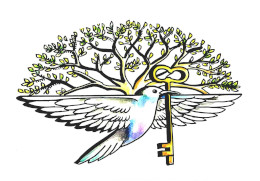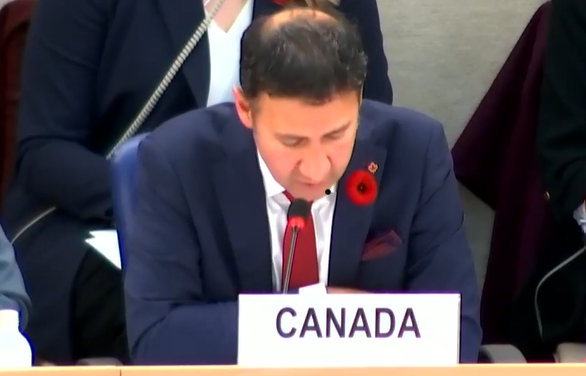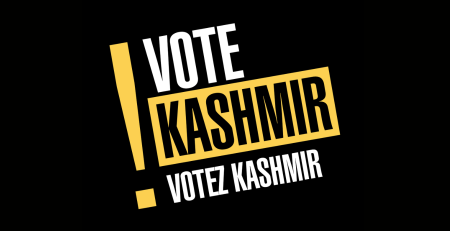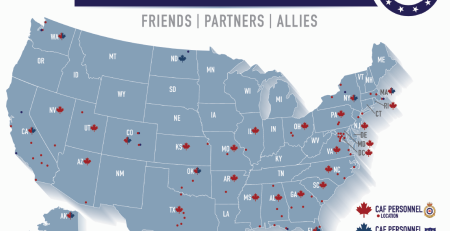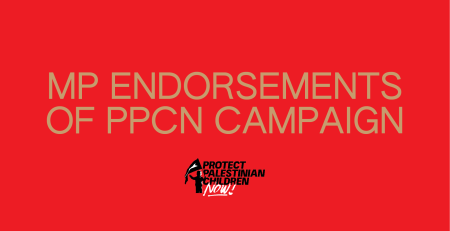The Universal Periodic Review (UPR) is a unique mechanism of the Human Rights Council that calls for each UN Member State to undergo a peer review of its human rights records every four years. Canada is currently in its fourth review cycle, with UN member states having provided feedback on November 10, 2023. About 60 submissions were received from civil society, with over 20 of these being submission made jointly by two or more organizations.
Just Peace Advocates and the Canadian Foreign Policy Institute made a joint submission which you can see below. A number of the points raised in our submission were also summarized into the UN complication report. These reports along with Canada’s response can be found on the OHCHR website.
While most of the focus domestic, our submission focused on Canada’s role in regard to human rights globally as well as domestically.
Arif Virani, Minister of Justice and Attorney General of Canada brought an interprovincial team with him to speak to the concerns raised by member states and in the summary report, and to address ‘improvements’ since the 3rd UPR in 2018, Their focus was to show that Canada is deserving of the seat it is seeking at the United Nations Human Rights Council for the 2028-2030 term. Certainly Canada does not wanted to be embarrassed by another lost bid like they were in 2020 for the United Nations Security Council.
However, despite the domestic focus at least ten member states spoke about Canada’s need to address the genocide happening in Gaza, through a ceasefire, and/or humanitarian aid or other actions to hold Israel accountable. Check out chapters specifically to listen to other member state comments, as well as Canada’s responses. Countries including Algeria, Iran, Iraq, Libya, Namibia, Pakistan, Syria, Tunisia, Turkey, Venezuela and Palestine spoke about the urgent need of Canada to address human rights and international law for Palestine.
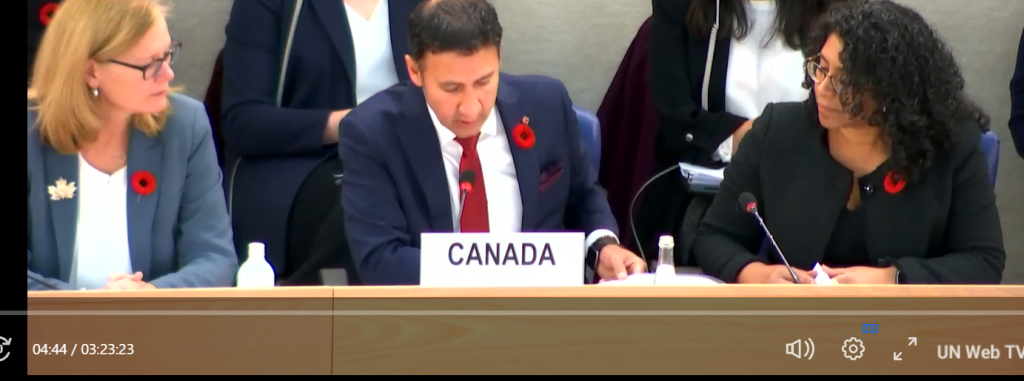
Photo from November 10, 2023 recording of OHCHR.
Photo credit: Arif Virani, Minister of Justice and Attorney General of Canada at the OHCHR 44th Session November 10, 2023, from recording
View the hearing, with specific chapters.
Stay tuned for more details related to Canada’s 4th Periodic Review.
Our submission indicated that along with domestic concerns, has as a democratic state played a detrimental role in various human rights violations globally such as in Venezuela, Syria, Haiti, Cuba, Indian controlled Jammu and Kashmir, and Palestine. Concurrent to the detrimental role played by Canada in various global human rights situations abroad, the subject state has participated in grave human rights violations domestically in Canada. Canada’s long-standing disregard for international law and human rights has resulted in a failure to demonstrate respect for international peace and security.
We noted that Canada had not signed these treaties:
- International Convention on the Protection of the Rights of All Migrant Workers and Members of their Families (Adopted by the General Assembly in 1990)
- International Convention for the Protection of all Persons from Enforced Disappearances (Adopted by the General Assembly in 2010)
- Optional Protocol to the Convention on the Rights of the Child on a communications procedure (Adopted by the General Assembly in 2011)
- Optional Protocol to the Convention against Torture and Other Cruel, Inhuman or Degrading Treatment or Punishment (Adopted by the General Assembly in 2002)
- Optional Protocol to the International Covenant on Economic, Social and Cultural Rights (Adopted by the General Assembly in 2008).
We noted it is essential as a first step that these Conventions be ratified by Canada.
We recommend the following be brought to Canada’s attention during its fourth cycle of the UPR:
- Ensure that the rights of Indigenous peoples are fully protected, in particular in the context of the exploitation of natural resources by national and multinational corporations, purported counter-terror operations and purported counterinsurgency operations.
- Ratify, in the shortest time, the International Convention for the Protection of All Persons from Enforced Disappearance and adopt related internal legislation.
- Ratify, in the shorted time, the Convention against Torture and Other Cruel, Inhuman or Degrading Treatment or Punishment and put in place a national preventive mechanism in accordance with this instrument.
- Ratify, in the shortest time, the International Convention on the Protection of the Rights of All Migrant Workers and Members of Their Families.
- Implement mandatory external monitoring of workplaces that employ temporary migrant workers in low-wage or low-skill positions.
- Ratify, in the shortest time, Optional Protocol to the Convention on the Rights of Persons with Disabilities.
- Withdraw all militarization personnel from all unceded Wet’suwet’en territory.
- Appoint an independent body to review and investigate potential misconduct by the Canada Border Service Agency given the CBSA has sweeping police powers–including the powers of arrest, detention, and search and seizure.
- Audit ‘charitable’ organizations which are alleged to donate to organizations which support racist endeavors and violate human rights and ensure that Canada’s Income tax law supports human rights domestically and internationally. Stop targeted discrimination of muslim charities.
- Amend the Indian Act to remove the second generation cut-off for children with non-status parents and work with First Nations partners to amend all other discriminatory aspects of the Indian Act.[1]
- Implement a mechanism to facilitate officials to exercise oversight on human rights implications on Canadian extractive companies that operate overseas[2]
- Establish an ombudsperson’s office that is mandated to investigate and report on human rights violations of overseas extractive companies that are Canadian and hold responsible corporations accountable.[3] Reform the Extradition Act (1999)[4]
- Cancel the contract for armed remote surveillance drones.
- Provide oversight to Canada’s public pension to ensure that it is not supporting human rights violations in Canada and elsewhere.
- Canada has not ratified the Treaty on the Prohibition of Nuclear Weapons (TPNW).[5]
- Canada needs to ensure its own domestic laws are followed in regard to human rights, for example its Foreign Enlistment Act.
- Canada needs to ensure business relations and human rights violations are addressed in a proactive way, including when these are brought to the government’s attention.
- Canada needs to remove unilateral economic sanctions that have not been put in place by the United Nations.
[1] Please see “background on Indian Registration” at https://www.rcaanc-cirnac.gc.ca/eng/1540405608208/1568898474141
[2] Please see https://www.hrw.org/world-report/2020/country-chapters/canada
[3] Please see https://www.hrw.org/world-report/2020/country-chapters/canada
[4] See https://www.laws-lois.justice.gc.ca/eng/acts/E-23.01/
[5] For items 1 -11 please see the report “UPR of Canada (3rd Cycle – 30th session)
See the full submission:
